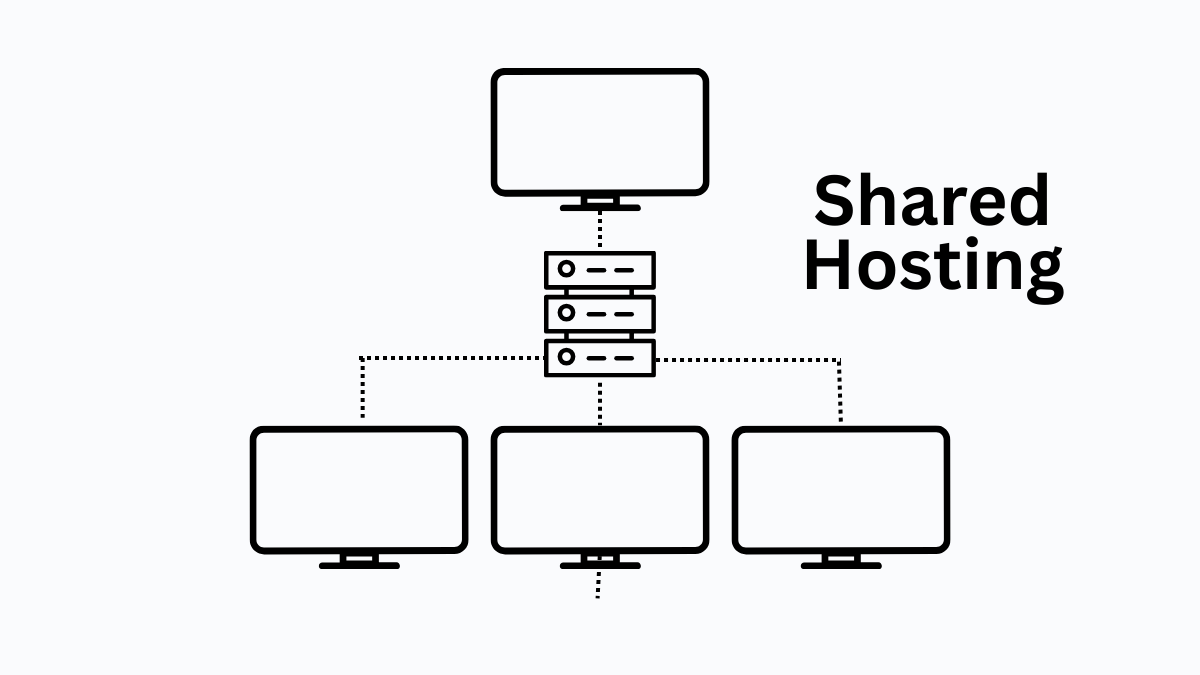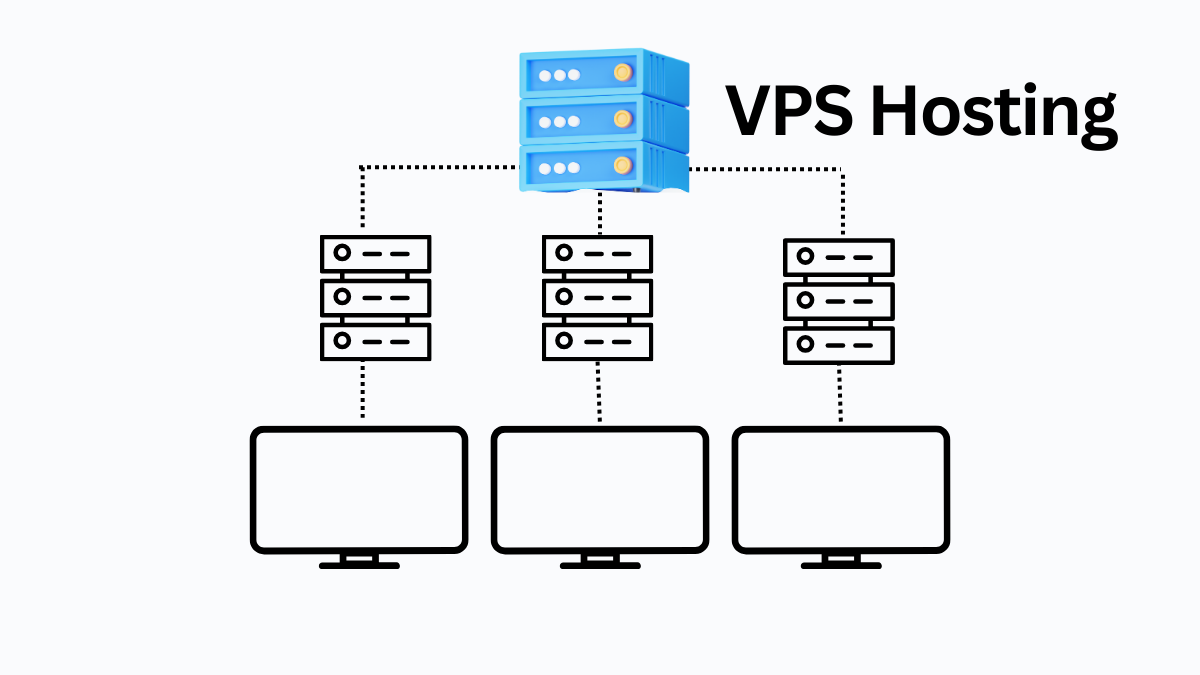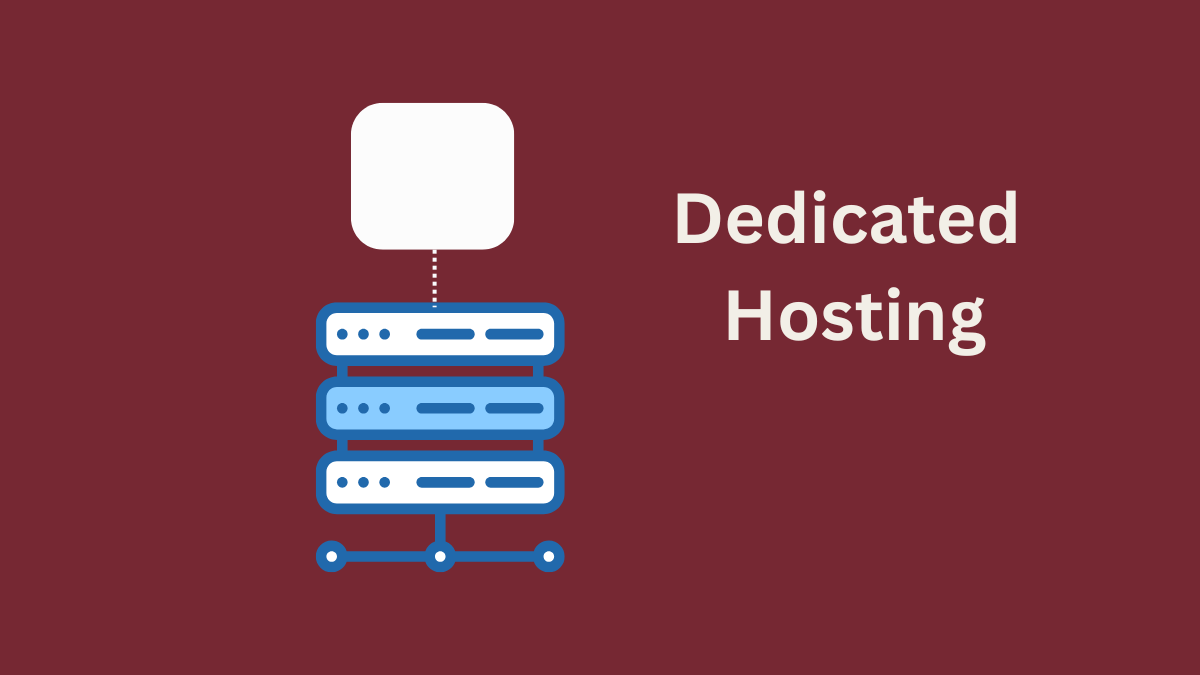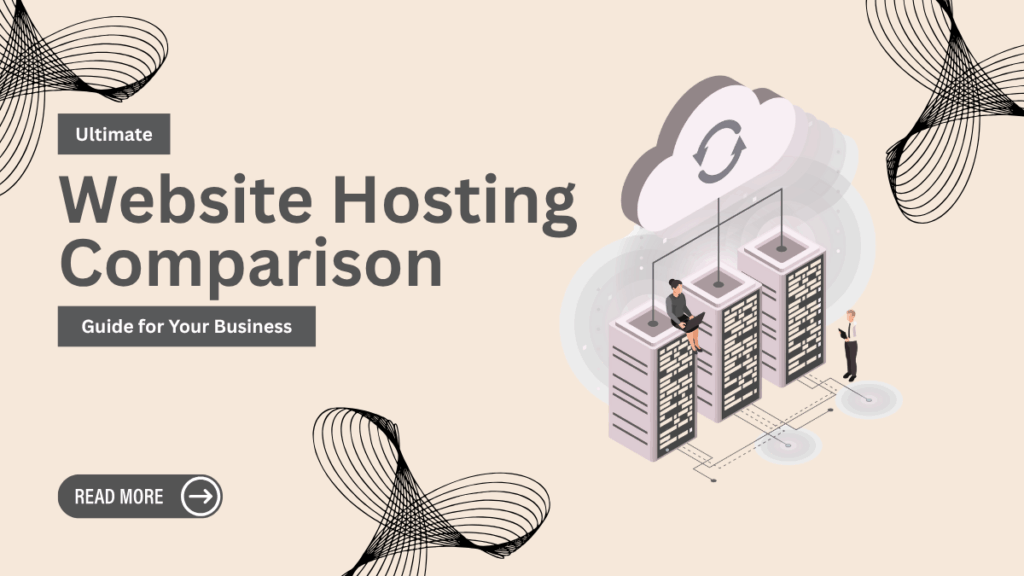Choosing the right hosting provider is one of the most critical decisions for any online business. With countless options available, a Website Hosting Comparison helps you analyze features, performance, and pricing to make an informed choice. In 2025, businesses demand faster websites, stronger security, and scalable solutions that grow with their needs. Whether you’re running an eCommerce store, a blog, or a corporate website, the right host determines your site’s speed, reliability, and success. This Comparison guide explores all major hosting types, Shared, VPS, Dedicated, Cloud, and Managed WordPress Hosting, along with the best providers in the market. You’ll also find key factors to consider before signing up, a detailed comparison table, and common hosting mistakes to avoid. Let’s dive into the Comparison and discover which hosting service best fits your business goals for 2025.
What Is Website Hosting?
Website hosting is a service that stores your website’s files, data, and media on a server, making it accessible online. In a Comparison, hosting providers differ based on storage, performance, and control. Essentially, hosting acts as your website’s foundation, ensuring it stays available to users around the clock. Choosing the right hosting plan ensures fast loading times, minimal downtime, and a smooth user experience. A thorough Comparison helps determine which type of hosting aligns best with your business needs.
Note: If you’re wondering How Do I Purchase a Website Domain Name, the process involves choosing a domain registrar, checking availability, and registering your preferred name before someone else does.
Types of Website Hosting Explained
1. Shared Hosting

Shared hosting is the most affordable option where multiple websites share the same server resources. In Comparison, it’s best for beginners, small businesses, and blogs with low traffic. Benefits include easy setup, low cost, and managed maintenance by the hosting provider. However, resource sharing can slow performance during traffic surges. Shared hosting is ideal for startups and individuals seeking a budget-friendly entry point before scaling to higher-performance solutions in their Comparison.
2. VPS Hosting (Virtual Private Server)

VPS hosting offers a dedicated portion of a shared server, providing more control, flexibility, and stability. In a Hosting Comparison, VPS stands out for delivering superior speed and customizable configurations. It’s ideal for medium-sized businesses, eCommerce sites, or developers needing root access. VPS hosting balances affordability and performance, ensuring websites can handle moderate to high traffic efficiently. Businesses upgrading from shared plans often find VPS hosting an excellent step-up option in their Comparison research.
3. Dedicated Hosting

Dedicated hosting provides an entire server exclusively for your website. In any Comparison, it’s the top choice for large enterprises, high-traffic eCommerce stores, and data-heavy applications. Benefits include full control, exceptional performance, and enhanced security. However, it’s costlier and requires technical expertise for server management. Dedicated hosting is ideal for businesses seeking maximum reliability, speed, and customization capabilities. It’s the premium choice for companies that prioritize performance in their Comparison.
4. Cloud Hosting

Cloud hosting utilizes multiple interconnected servers to host websites, ensuring high uptime and flexibility. In a Comparison, cloud hosting stands out for scalability, allowing businesses to add resources as needed. It’s perfect for fast-growing companies, startups, and eCommerce stores with fluctuating traffic. The pay-as-you-go pricing model makes it cost-efficient. With its strong redundancy, performance, and flexibility, cloud hosting remains one of the most modern and dependable choices in any Website Hosting Comparison for 2025.
5. Managed WordPress Hosting
Managed WordPress hosting is tailored for WordPress websites, offering automatic updates, daily backups, and built-in security. In a Comparison, it provides optimized performance for WordPress users with minimal maintenance. It’s ideal for bloggers, agencies, and online stores using WordPress. The hosting provider manages all technical aspects, ensuring smooth functionality and fast load speeds. While slightly pricier than shared hosting, it delivers excellent value for WordPress-based sites in your research. If you want to build a fast, secure, and reliable website, choosing the Best Web Hosting for WordPress is the first step toward ensuring smooth performance and scalability.
Website Hosting Comparison Table
| Hosting Type | Key Features | Pros | Cons | Pricing Range |
| Shared Hosting | Shared server resources, beginner-friendly | Affordable, easy setup | Limited performance, less control | $2 – $10/month |
| VPS Hosting | Virtual private resources, customizable | Faster, scalable | Requires some tech knowledge | $20 – $80/month |
| Dedicated Hosting | Exclusive server use | Maximum control, top speed | Expensive, complex setup | $80 – $300+/month |
| Cloud Hosting | Multi-server network | Scalable, high uptime | Variable pricing | $10 – $100/month |
| Managed WordPress Hosting | WordPress-optimized environment | Auto updates, high speed | Higher cost for non-WordPress sites | $15 – $100/month |
Key Factors to Consider When Comparing Website Hosting Providers
- Uptime and Reliability: Ensure 99.9% uptime to keep your website accessible and avoid business disruptions.
- Speed and Performance: Fast servers enhance user experience and improve SEO rankings.
- Security Features: Look for SSL, malware protection, and regular backups.
- Customer Support: 24/7 support via chat or phone ensures quick problem resolution.
- Scalability: Choose a host that allows easy plan upgrades as your traffic grows.
- Pricing and Value for Money: Compare renewal rates, resources, and extra features for fair pricing.
Top Website Hosting Providers in 2025
| Hosting Provider | Starting Price | Uptime | Speed | Best For | Key Features |
| Bluehost | $2.95/mo | 99.99% | Excellent | Beginners, WordPress sites | Free domain, 24/7 support |
| SiteGround | $3.99/mo | 99.99% | Fast | Small to medium businesses | Managed WordPress, strong security |
| HostGator | $2.75/mo | 99.98% | Good | Budget users | Free SSL, easy cPanel |
| A2 Hosting | $2.99/mo | 99.99% | Very Fast | Developers | Turbo servers, strong uptime |
| DreamHost | $2.59/mo | 100% | Fast | WordPress and startups | Free domain privacy, SSD storage |
| Cloudways | $11/mo | 99.99% | High performance | Agencies, eCommerce | Cloud scalability, managed servers |
| WP Engine | $20/mo | 99.99% | Lightning-fast | Premium WordPress users | Managed hosting, top-tier support |
Common Hosting Mistakes to Avoid
- Choosing a host only based on price: Low-cost plans may lack essential features like security and uptime, affecting long-term performance.
- Ignoring scalability and long-term needs: Selecting a limited plan can hinder growth; choose one that scales with your website.
- Overlooking customer support quality: Poor support can delay issue resolution; prioritize hosts with reliable 24/7 assistance.
- Not checking renewal pricing terms: Introductory offers are often temporary; always verify renewal costs in your Website Hosting Comparison.
Conclusion
A thorough Website Hosting Comparison empowers you to select a host that ensures stability, performance, and scalability. As your business grows in 2025, your hosting needs will evolve, making it crucial to choose a provider that aligns with your goals. Whether it’s the affordability of shared hosting, the power of dedicated servers, or the flexibility of cloud hosting, each type serves a specific purpose. Remember to evaluate uptime, speed, security, and support before making a final choice. By understanding these factors through a detailed Website Hosting Comparison, you can confidently invest in a hosting solution that enhances your website’s performance and provides long-term value for your business.
Frequently Asked Questions (FAQs)
You should compare uptime guarantees, speed, security features, customer support quality, pricing, scalability, and available resources like storage and bandwidth. These factors directly influence your website’s performance and user experience.
Shared hosting places your site on a server with many others, VPS hosting offers virtual partitions with more control, and dedicated hosting gives you an entire server to yourself. Each option fits different budgets and performance needs.
Most small businesses start with shared hosting or managed WordPress hosting because these plans offer affordable pricing, easy setup, and enough resources for moderate traffic levels.
You can compare providers by checking their performance tests, reading customer reviews, evaluating their uptime track record, examining support options, and comparing plan features side-by-side.
You need managed hosting if you want experts to handle updates, security, backups, and performance optimization. This option helps you save time and run your business without worrying about technical tasks.










